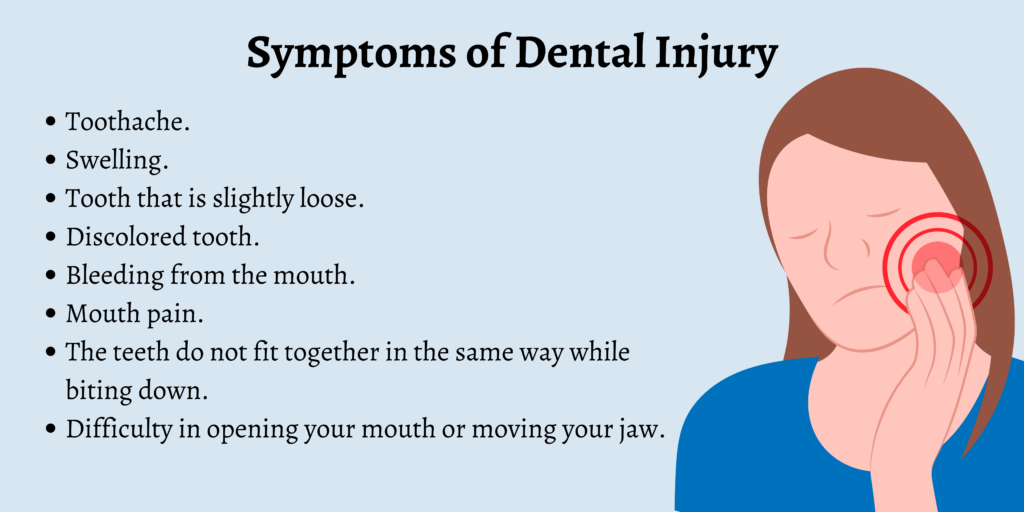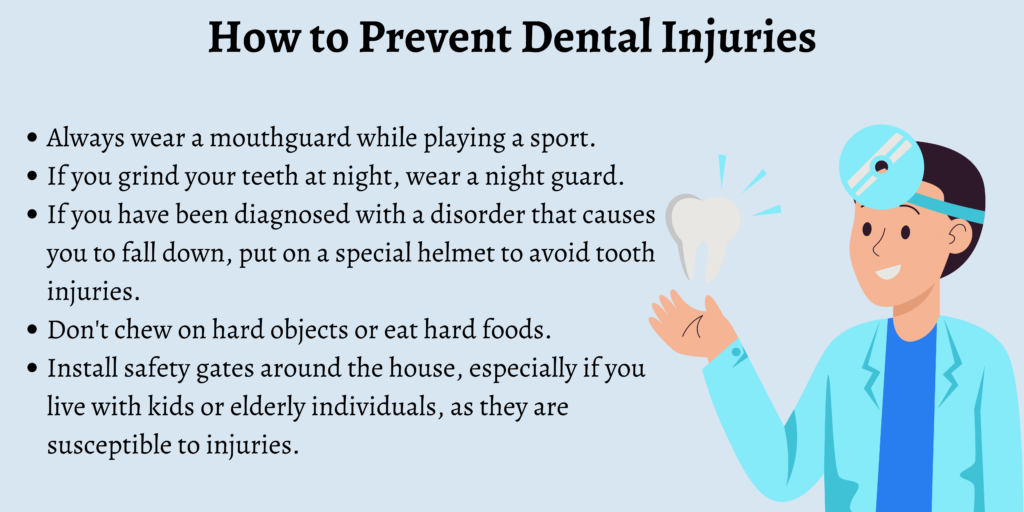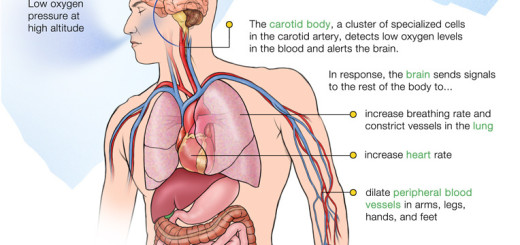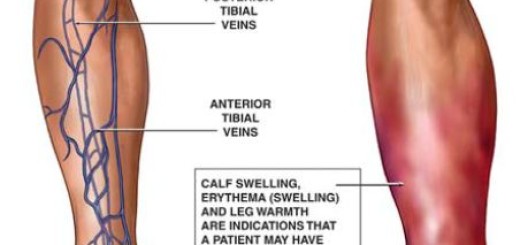First Aid for Dental Injury: Immediate Steps for Emergency Dental Care
Were you aware that according to research, about one-third of all adults experience permanent tooth trauma and that most of it occurs before they are 19 years old?
Whereas any issues associated with a person’s physical health are unpleasant, oral health, in particular, is connected to one’s overall health. Every time I have a toothache, for instance, it immediately causes me a headache. Much like a toothache, dental injuries require immediate medical attention.
A dental injury refers to an injury a person suffers to their teeth. This can often lead to damaged gums, broken teeth, and displaced or lost teeth. Such injuries can often occur suddenly, and knowing how to take care of them can help you save yourself and others from pain.
Have you ever suffered from a dental injury and wondered how to take care of it? Or perhaps your child has experienced a tooth injury, and you don’t know what to do? We’re here to provide you with information regarding first aid for dental injury for this very purpose.
In this article, we will be elaborating on the symptoms and causes of dental injuries, how to treat them, and how to prevent them.
Causes of Dental Injury
The common causes associated with dental injuries are as follows:
- Biting into or eating something hard.
- Suffering an accident while playing a sport.
- Getting hit in the face.
- Falling over.
Symptoms of Dental Injury
A chipped tooth is usually the most common symptom of a dental injury. Such a tooth often irritates the tongue and cheek. The tooth that is injured isn’t always sensitive to temperature or food. It isn’t always painful, either.
The signs of dental trauma depend on the kind of dental injury a person has suffered. Some of the common symptoms include:
- Toothache.
- Swelling.
- Tooth that is slightly loose.
- Discolored tooth.
- Bleeding from the mouth.
- Mouth pain.
- The teeth do not fit together in the same way while biting down.
- Difficulty in opening your mouth or moving your jaw.
Treatment for Dental Injuries
If an adult’s tooth has been knocked out, here are the steps to take:
- Remain calm.
- Handle the affected tooth by the crown, which is the smooth, white part, instead of handling it by the root, which is the pointy, yellowish part.
- In case the tooth is dirty, rinse it in a saline solution or milk for a couple of seconds. Make sure not to rinse it with water.
- Put the tooth gently back into the hole in the socket or gum by holding the tooth by the crown. Ensure that the root goes into the socket and that the person is conscious while this is being done.
- The person whose tooth has been knocked out needs to hold the tooth in place. They can do this by biting gently on something soft, such as a handkerchief.
- Help the person get checked by a dentist immediately.
If someone has a cracked or chipped tooth, keep these points in mind:
- Cracked or chipped teeth aren’t always painful, but they can be.
- If your tooth is chipped or cracked, see a dentist right away. The sooner your damaged tooth is repaired, the better the chances of its survival.
- If there is a part of the tooth that has broken off, store it in the person’s saliva or in milk, or keep it sealed with plastic wrap. After this, help them visit a dentist as soon as possible.
If your baby’s teeth have been knocked out, here are the things to remember:
- Don’t attempt to put the teeth of your baby back in the gum.
- Go to an oral health professional immediately to ensure the mouth or their other teeth haven’t been damaged.
- If you try to replace a baby’s teeth, it could permanently damage the tooth sitting underneath in their gum.
How to Prevent Dental Injuries
While it isn’t always possible to prevent dental injuries from taking place, there are a few precautions you can take to avoid them. Those precautions include:
- Always wear a mouthguard while playing a sport.
- If you grind your teeth at night, wear a night guard.
- If you have been diagnosed with a disorder that causes you to fall down, put on a special helmet to avoid tooth injuries.
- Don’t chew on hard objects or eat hard foods.
- Install safety gates around the house, especially if you live with kids or elderly individuals, as they are susceptible to injuries.
FAQs
1. What is the most common dental injury?
Fractured teeth are the most common kind of dental injury.
2. What are the complications of dental injury?
The complications of dental injury include toothache, tooth discoloration, halted tooth development, and mobile teeth.
3. What is the main cause of traumatic dental injuries?
Accidents and sports injuries are often the most common causes of traumatic dental injuries.
4. Can an injured tooth heal?
If the dental trauma causes minimal damage, then the injured tooth mostly heals by itself.
5. Are dental injuries life-threatening?
Dental injuries aren’t life-threatening in most cases.
Conclusion
Once you experience a dental injury, there are chances of developing an infection. This can be avoided by keeping your mouth clean and following the steps and precautions suggested by your dentist.
Remember to get a dental injury fixed right away. If it isn’t fixed immediately, one could develop long-term issues that affect their overall health. Therefore, make sure to visit a dentist right away to avoid such complications.







